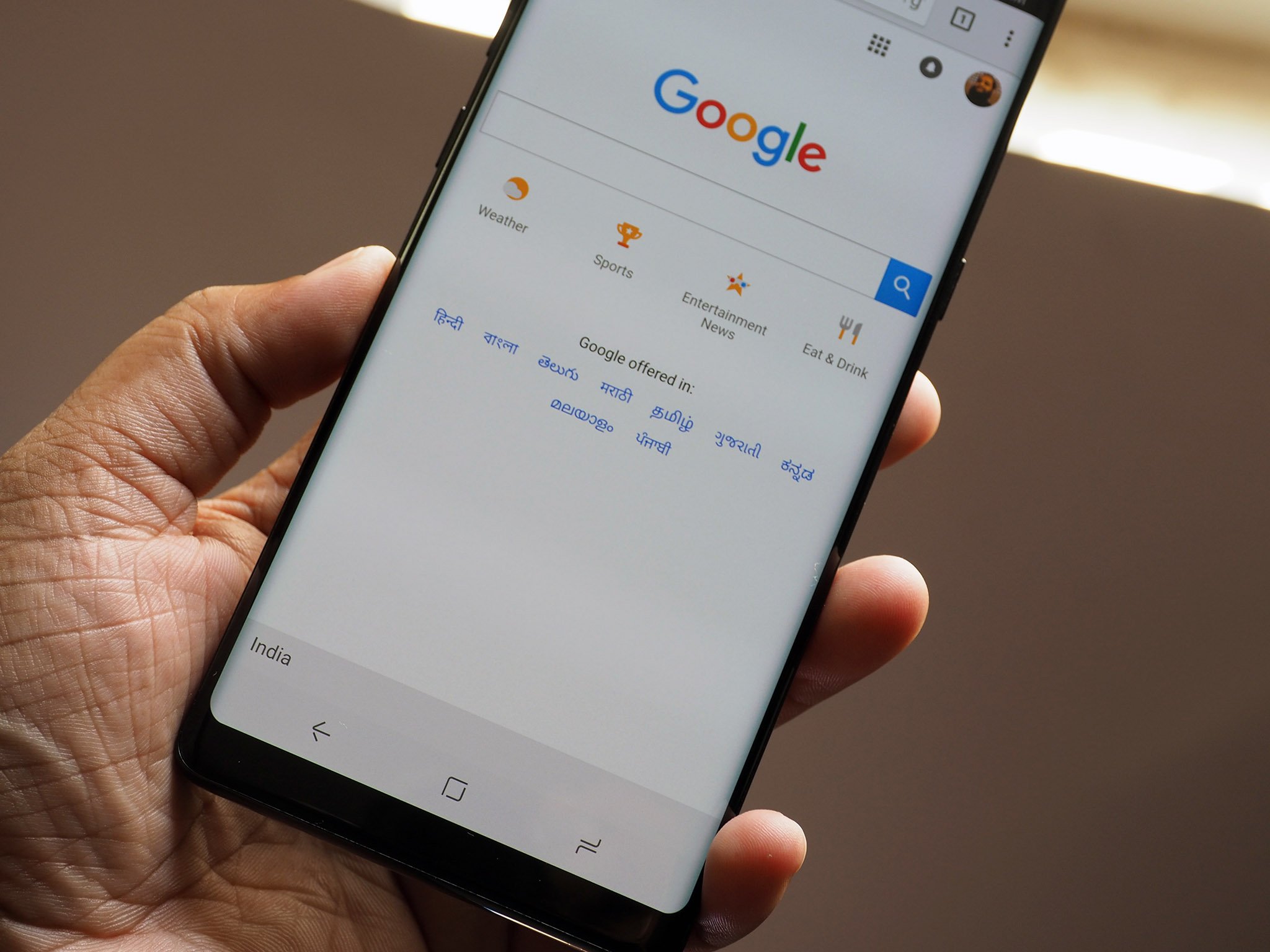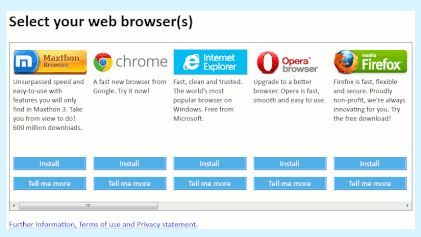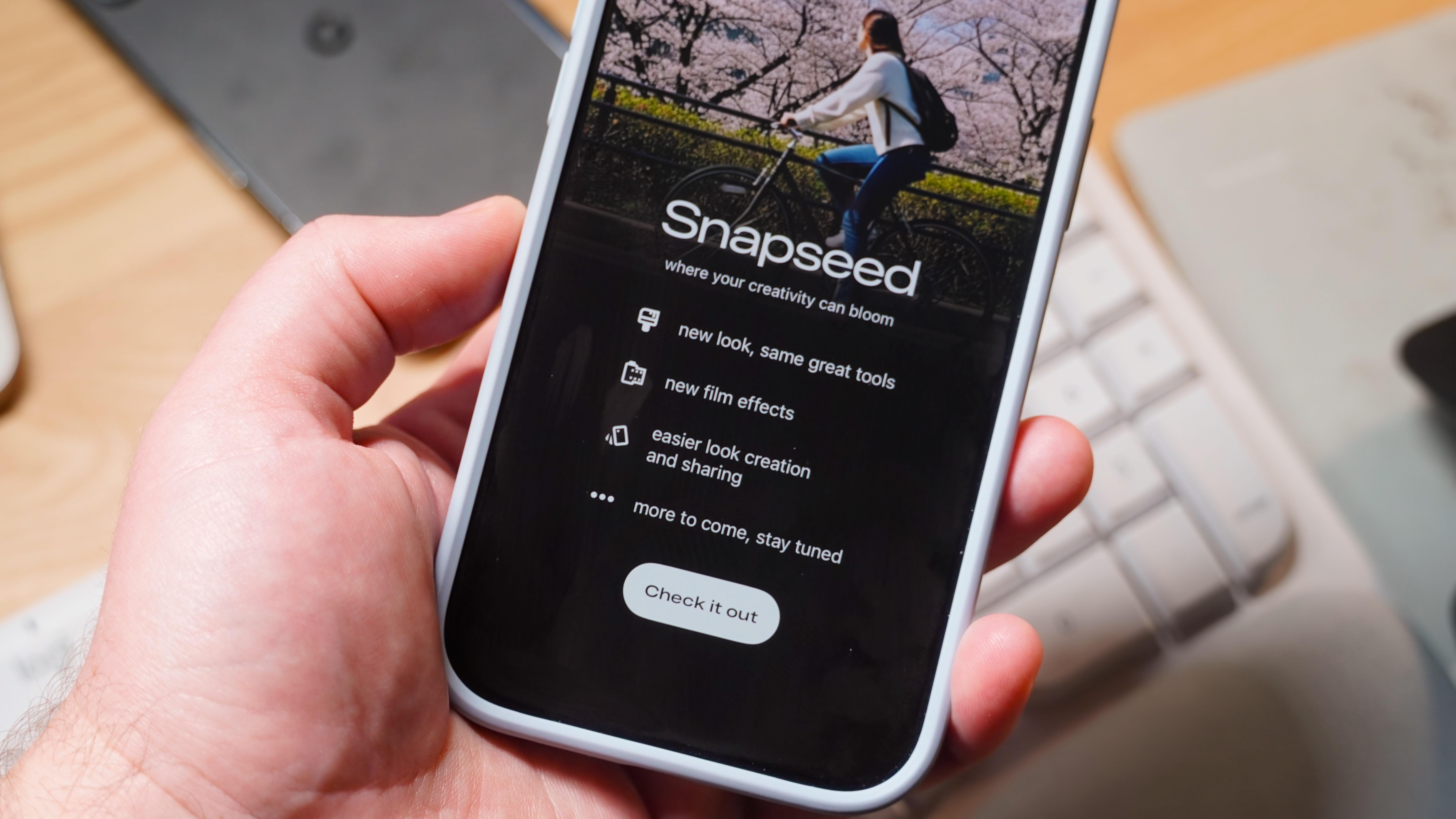DuckDuckGo thinks Google's EU search ballot is too limited because phones can scroll

What you need to know
- DuckDuckGo says Google's search ballot, as currently designed, remains unfair.
- The firm says Google should provide scrollable choice instead of limiting user choice.
- DuckDuckGo previously won big in Google's search auction, appearing as a choice in every market.
Google earlier this month showcased its upcoming Android Search Ballot for the EU. Created to provide choice for users in the region, the firm would offer Android users on new devices the chance to pick from a small selection of search engines. DuckDuckGo, despite coming out as an overall winner, in this case, found that Google's search ballot was undemocratic and poorly designed for its stated aims.
Google has artificially limited the number of search engine choices, ignoring the obvious fact that screens can scroll. This restriction is surely tied to the underlying pay-to-play auction model for these artificially-limited slots, which we believe is fundamentally wrong. pic.twitter.com/4m7RofZsMcGoogle has artificially limited the number of search engine choices, ignoring the obvious fact that screens can scroll. This restriction is surely tied to the underlying pay-to-play auction model for these artificially-limited slots, which we believe is fundamentally wrong. pic.twitter.com/4m7RofZsMc— DuckDuckGo (@DuckDuckGo) January 28, 2020January 28, 2020
The firm argues:
Consumers should be able to select from more than four choices. It's very easy, and common, to have a scrollable screen. And importantly, when we presented people with a longer list of search engines, those people selected more non-Google search engines. In other words, more choice means more diverse market share.
It further raises as a example, Microsoft's own browser ballot as enforced by the EU a decade ago.

Curiously, DuckDuckGo undermines its own point with that example. Looking at the browser choices shown in that scrolling link, would you recognize any browser after the first scroll? Of course not, they're all defunct in 2020. The paradox of choice is a recognized problem. Offering people too many options often tends to in reality reduce the choice back to the familiar.
A choice between Google, Bing, DuckDuckGo may have someone opt for the relatively obscure DuckDuckGo or Bing. Place Google, Bing, DuckDuckGo alongside 20 other search engines no one cares about, and your average consumer would scurry back to Google without a second choice.
The browser ballot for its own part was recognized to have had a negligible effect. "I'm sure that it is increasing pressure on Microsoft, which has been losing share anyway," StatCounter's Aodhan Cullen told the New York Times back in 2010. "But it hasn't caused a big upheaval in rankings." When it was finally defunct, Ars Technica noted that "long-term trends strongly suggest that it was next to useless."
Now, one could argue that Google having search engines bid for being represented is dubious, and you'd have us there. But argue that Google needs to add more choices because phones can scroll is curious. Just like no one visits page 2 of Google, no one's going to scroll down to the bottom of the page to pick a search engine they've never heard of.
Get the latest news from Android Central, your trusted companion in the world of Android

